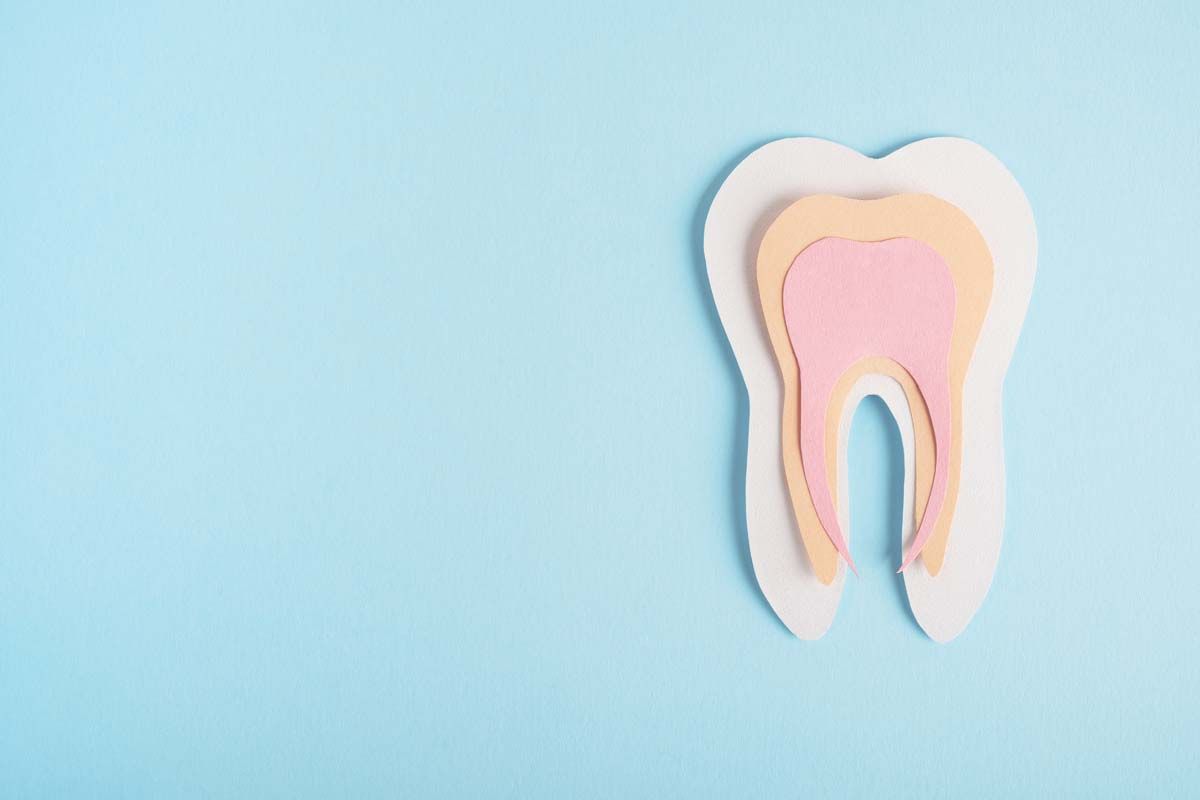Study Reveals Link Between Autoimmune Disorders and Tooth Enamel Formation Defects
A new study has shown that there may be a link between certain autoimmune disorders and tooth enamel defects, further strengthening the oral-systemic connection.
Study Reveals Link Between Autoimmune Disorders and Tooth Enamel Formation Defects. Image credit: © Elena - stock.adobe.com

In a new study published in the journal Nature, researchers have uncovered a novel link between autoimmune disorders and defects in tooth enamel formation. The study, titled "Autoimmune amelogenesis imperfecta in patients with APS-1 and coeliac disease," sheds light on the role of autoantibodies in disrupting the crucial process of enamel formation.
Ameloblasts, specialized epithelial cells in the jaw, play a vital role in the formation of tooth enamel. Enamel defects, known as amelogenesis imperfecta, result from the loss of function of ameloblast-derived proteins that serve as scaffolds for hydroxyapatite crystals. This rare congenital disorder has long puzzled scientists due to its varied manifestations and unclear underlying mechanisms.
The research team focused on 2 seemingly unrelated conditions: autoimmune polyglandular syndrome type-1 (APS-1) and coeliac disease. Both patient groups exhibited defects in enamel formation, and the scientists aimed to uncover the common thread.
The study found that the majority of patients with APS-1 and coeliac disease developed autoantibodies, primarily of the IgA isotype, against ameloblast-specific proteins. These proteins are expressed in the thymus under the regulation of AIRE (Autoimmune Regulator). AIRE deficiency in APS-1 patients leads to a breakdown of central tolerance, allowing the generation of autoantibodies that interfere with enamel formation.
However, in coeliac disease, the mechanism is distinct. Autoantibodies targeting ameloblast-specific proteins are generated due to a breakdown of peripheral tolerance to intestinal antigens. These antigens, expressed in both the intestines and enamel tissue, trigger the production of autoantibodies that interfere with enamel formation.
The researchers coined the term "autoimmune amelogenesis imperfecta" to collectively describe this novel type of IgA-dependent autoimmune disorder. The study marks a significant leap forward in dental and autoimmune research, offering hope for improved diagnosis and treatment strategies for individuals affected by autoimmune amelogenesis imperfecta. To learn more or read the study, visit the website here.